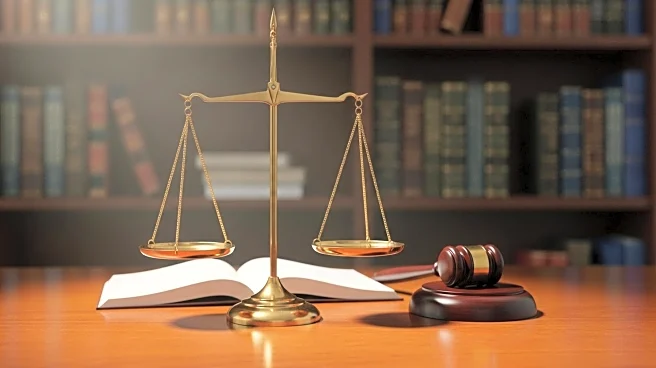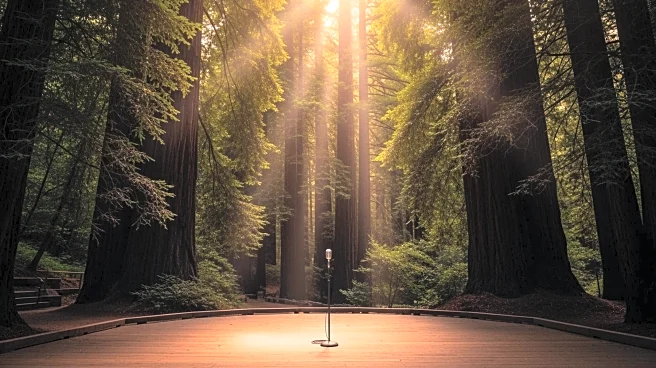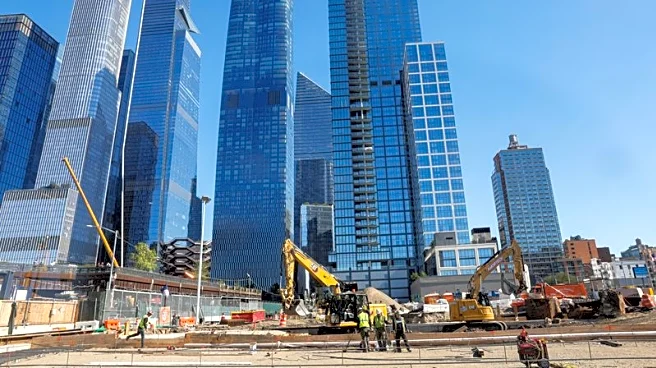What's Happening?
The National Labor Relations Board's (NLRB) Acting General Counsel, William Cowen, has announced plans to sue New York over a recently enacted state law that asserts state authority over private-sector labor disputes. This law, signed by Governor Kathy Hochul, is seen as a challenge to the NLRB's jurisdiction, which is protected under the National Labor Relations Act (NLRA). The New York law was introduced in response to the NLRB's lack of a quorum following the dismissal of Democratic member Gwynne Wilcox by President Trump. The law aims to address concerns about the adjudication of unfair labor practice charges by labor unions. Similar legislative efforts are underway in California and Massachusetts. Cowen emphasized the urgency of the situation, indicating that a lawsuit could be filed in federal court imminently.
Why It's Important?
This legal confrontation highlights the ongoing tension between state and federal authority over labor relations. The outcome of this lawsuit could have significant implications for the enforcement of labor laws across the United States. If New York's law is upheld, it could lead to a fragmented system of labor law enforcement, with states potentially enacting their own regulations in the absence of federal oversight. This could impact businesses operating across state lines, as they may face varying labor regulations. The NLRB's ability to maintain its federal authority is crucial to ensuring a uniform approach to labor relations, which is vital for both employers and employees in the private sector.
What's Next?
The NLRB's general counsel is expected to file the lawsuit soon, possibly within days. The legal proceedings will likely attract attention from various stakeholders, including labor unions, business groups, and state governments. The case could set a precedent for how labor disputes are managed when federal agencies are incapacitated. The decision could influence similar legislative efforts in other states, potentially reshaping the landscape of labor law enforcement in the U.S.










